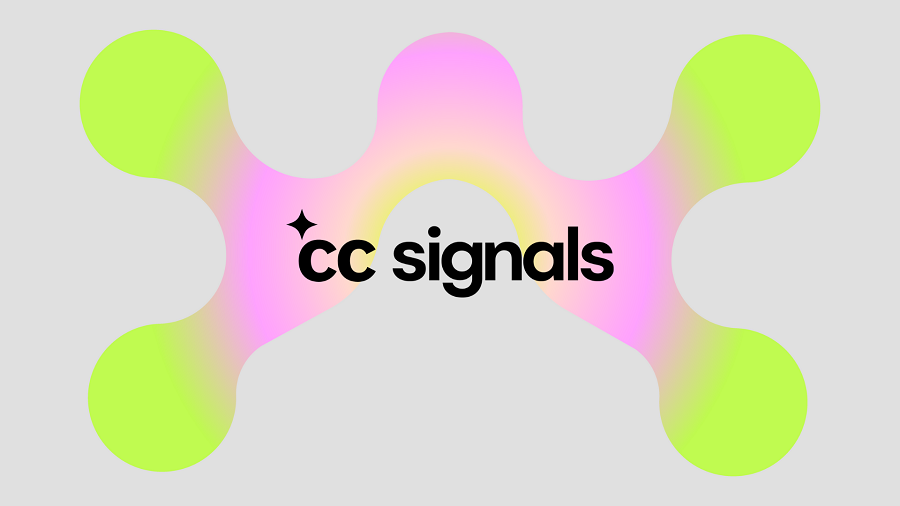 AI
AI
 AI
AI
 AI
AI
Creative Commons has previewed an upcoming framework designed to help creators manage how artificial intelligence models use their content.
The framework, which is called CC Signals, debuted on Wednesday.
Creative Commons is a nonprofit that helps creators license their works to others. It provides a half-dozen ready-to-use licenses that can be applied to text, images and other files. Some of the licenses allow the the content to which they’re attached to be distributed and modified at no charge, while others implement usage restrictions.
The new CC Signals framework will allow creators to publish a document that specifies how AI models may and may not use their content. This document will “range in enforceability, legally binding in some cases and normative in others,” Creative Commons staffers noted in a blog post. The reason is that the extent to which creators can limit AI models’ use of their works varies by jurisdiction.
In an early draft of CC Signals published its website, Creative Commons detailed that the framework will include four content usage stipulations. Each one sets forth a different set of requirements for how AI models may interact with a file. CC Signals will allow creators to apply up to two of the four stipulations to a given file.
The first clause specifies that AI models must credit the content they use. “For now, at a minimum, we expect this signal to require citation of the training dataset by the reuser,” reads the draft of the CC Signals specification. Additionally, services such as chatbots will be expected to cite the content they reference in prompt responses and provide a link.
Using CC Signals, creators can also indicate that they expect compensation from AI developers who use their work. That compensation may take several forms. CC Signals will allow for monetary or in-kind contributions to a file’s creators, as well as to the broader “ecosystem from which you are benefiting.”
Rounding out the CC Signals draft is a stipulation that only permits a file to be used by open-source AI models. According to Creative Commons, there will be support multiple definitions of open-source AI. Content creators may require that a neural network’s weights be available under a free license. They can also go further and mandate that the tooling with which the algorithm was developed be open source as well.
Creative Commons detailed that the current iteration of CC Signals is the fruit of a multiyear effort. Over the next few months, the nonprofit will collect feedback from interested parties on how the framework can be improved. An alpha version of CC Signals will be released in November.
Support our mission to keep content open and free by engaging with theCUBE community. Join theCUBE’s Alumni Trust Network, where technology leaders connect, share intelligence and create opportunities.
Founded by tech visionaries John Furrier and Dave Vellante, SiliconANGLE Media has built a dynamic ecosystem of industry-leading digital media brands that reach 15+ million elite tech professionals. Our new proprietary theCUBE AI Video Cloud is breaking ground in audience interaction, leveraging theCUBEai.com neural network to help technology companies make data-driven decisions and stay at the forefront of industry conversations.